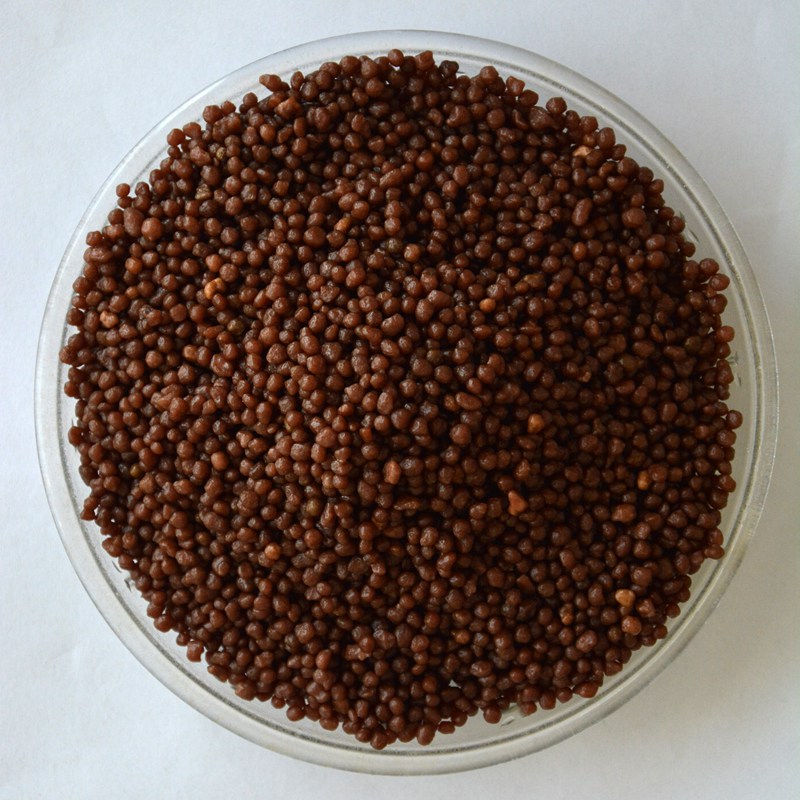
Dec . 29, 2024 14:24 Back to list
nitrate of potassium
The Importance of Potassium Nitrate A Versatile Compound
Potassium nitrate, often referred to by its chemical formula KNO3, is a naturally occurring mineral that has been harnessed for various applications across multiple industries. Known primarily for its role as a fertilizer, potassium nitrate is an essential source of potassium and nitrogen, two vital nutrients that support plant growth and development. Beyond agriculture, this compound plays significant roles in food preservation, the manufacture of explosives, and even in the realm of oral care.
Agronomic Benefits
In agriculture, potassium nitrate is particularly valued for its ability to supply both potassium and nitrogen simultaneously. Potassium is crucial for plant health; it helps regulate various physiological processes such as photosynthesis, enzyme activation, and water regulation. Meanwhile, nitrogen is essential for the formation of proteins and chlorophyll. The combination of these two nutrients in potassium nitrate allows for optimal plant growth, which is especially important in high-demand agricultural practices.
Farmers often prefer potassium nitrate over other nitrogen sources because it is highly soluble in water, making it easy to apply through irrigation systems. It also avoids the acidification of soil, which can occur with other nitrogen fertilizers. Moreover, potassium nitrate can improve crop yield and quality; plants treated with it typically demonstrate enhanced vigor, better resistance to environmental stress, and improved fruit quality.
Role in Food Preservation
Aside from its agricultural uses, potassium nitrate serves as a food preservative, particularly in the curing of meats. It helps inhibit the growth of harmful bacteria, namely Clostridium botulinum, the bacteria responsible for botulism. The compound acts by creating an environment that is unfavorable for bacterial growth, ensuring that cured meats remain safe for consumption. However, there is an ongoing debate about the health implications of consuming nitrates and their potential conversion to nitrites in the human body. Many regulatory agencies monitor and establish limits on nitrate levels in food products to ensure consumer safety.
Industrial Applications
nitrate of potassium

Potassium nitrate is also a key ingredient in the production of gunpowder and various explosives. In this context, it acts as an oxidizer, allowing the rapid combustion of fuels. The compound’s ability to produce a quick, sustained release of energy makes it invaluable in mining operations, demolition, and even in theatrical productions for creating special effects. Despite its usefulness, safety precautions are crucial when handling potassium nitrate due to its potential hazards.
Contributions to Oral Care
Interestingly, potassium nitrate finds its way into the oral care industry as well. It is commonly used in toothpaste designed for sensitive teeth. It works by desensitizing the nerves inside the teeth, thereby reducing pain and discomfort associated with tooth sensitivity. Regular use of potassium nitrate-containing toothpaste can help individuals enjoy their favorite foods and beverages without the fear of painful sensations.
Environmental Considerations
While potassium nitrate has many beneficial applications, its use also raises environmental concerns. Excessive application in agricultural practices can lead to nitrate leaching into groundwater, contributing to water pollution and eutrophication of aquatic ecosystems. To mitigate these issues, sustainable practices such as crop rotation, integrated nutrient management, and limited application rates are being advocated by agricultural experts.
Conclusion
Potassium nitrate is a multifunctional compound that underlines various facets of human activity, from agriculture to food safety, industrial applications, and oral health. Its ability to provide essential nutrients to plants, provide safety in food preservation, serve in explosive manufacturing, and alleviate dental pain underscores its versatility. However, the balance between utilizing its benefits while mitigating environmental risks remains a paramount consideration for industries and consumers alike. As research continues to evolve, the applications and understanding of potassium nitrate will likely expand further, affirming its significance in our daily lives and the health of our planet.
-
10 10 10 Fertilizer Organic—Balanced NPK for All Plants
NewsJul.30,2025
-
Premium 10 10 10 Fertilizer Organic for Balanced Plant Growth
NewsJul.29,2025
-
Premium 10 10 10 Fertilizer Organic for Balanced Plant Growth
NewsJul.29,2025
-
Premium 10 10 10 Fertilizer Organic for Balanced Plant Growth
NewsJul.29,2025
-
50 Pound Bags of 13-13-13 Fertilizer for All Plants – Bulk & Organic Options
NewsJul.28,2025
-
High-Efficiency 15-30-15 Granular Fertilizer for Healthy Crops
NewsJul.28,2025
